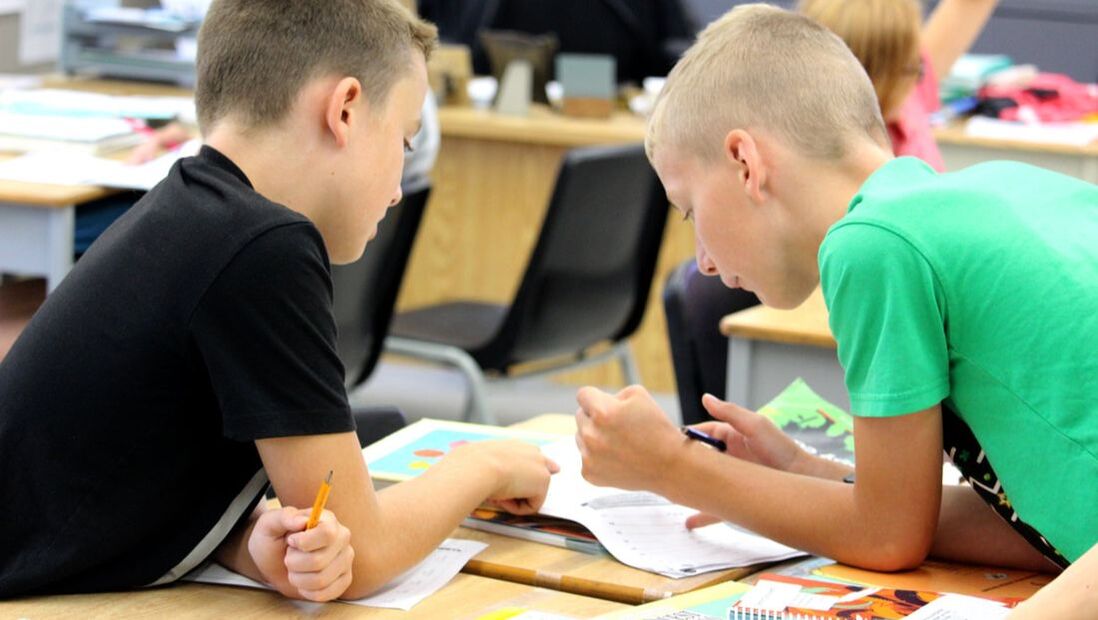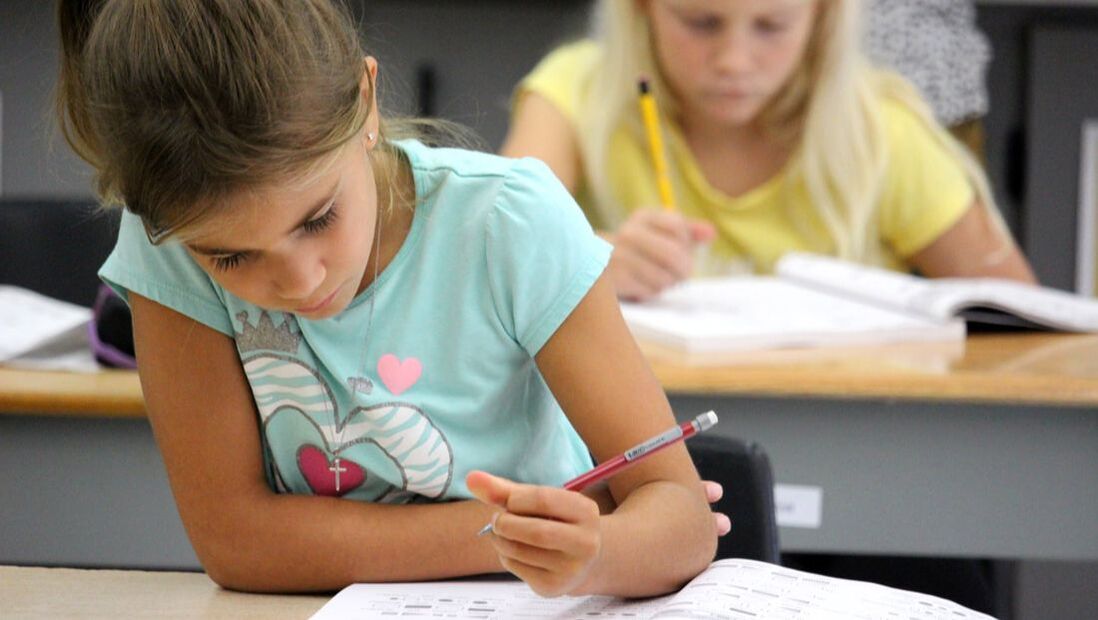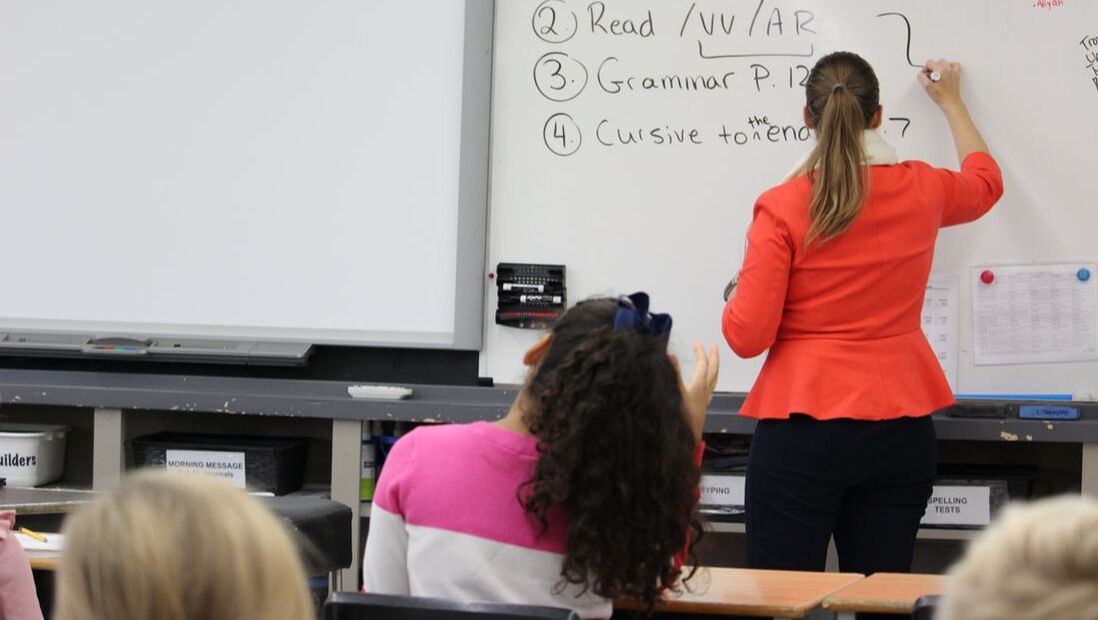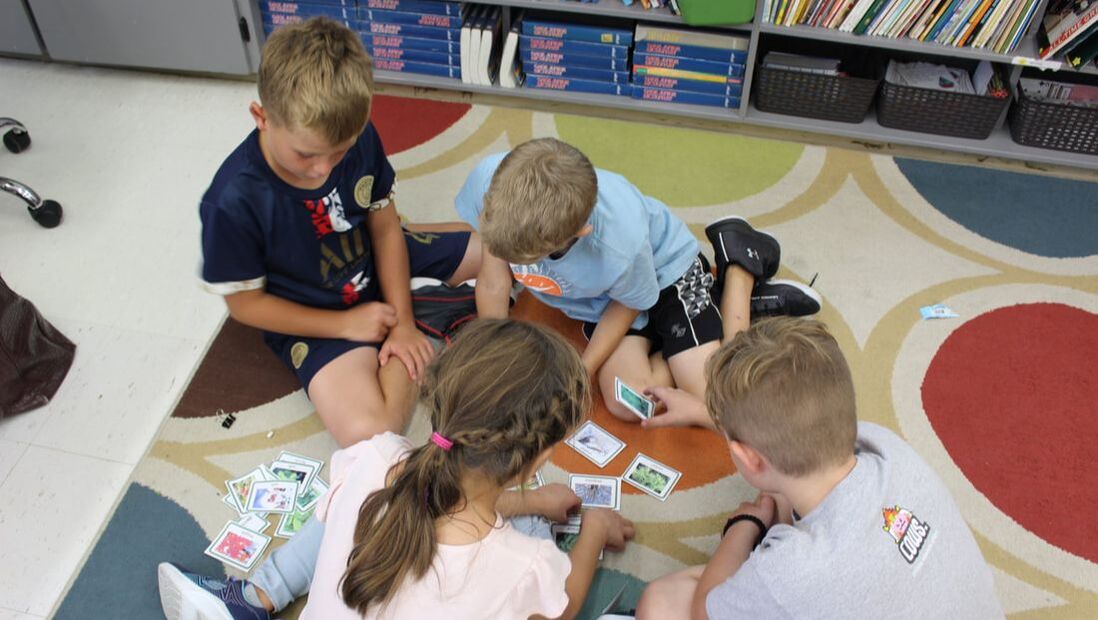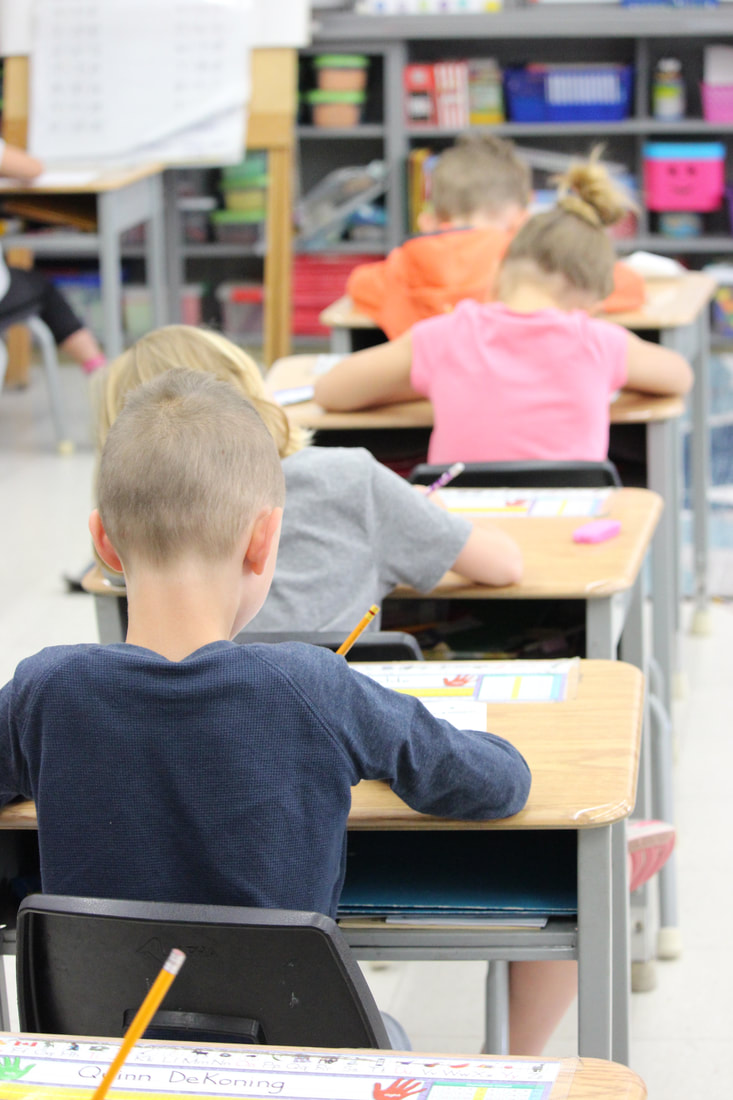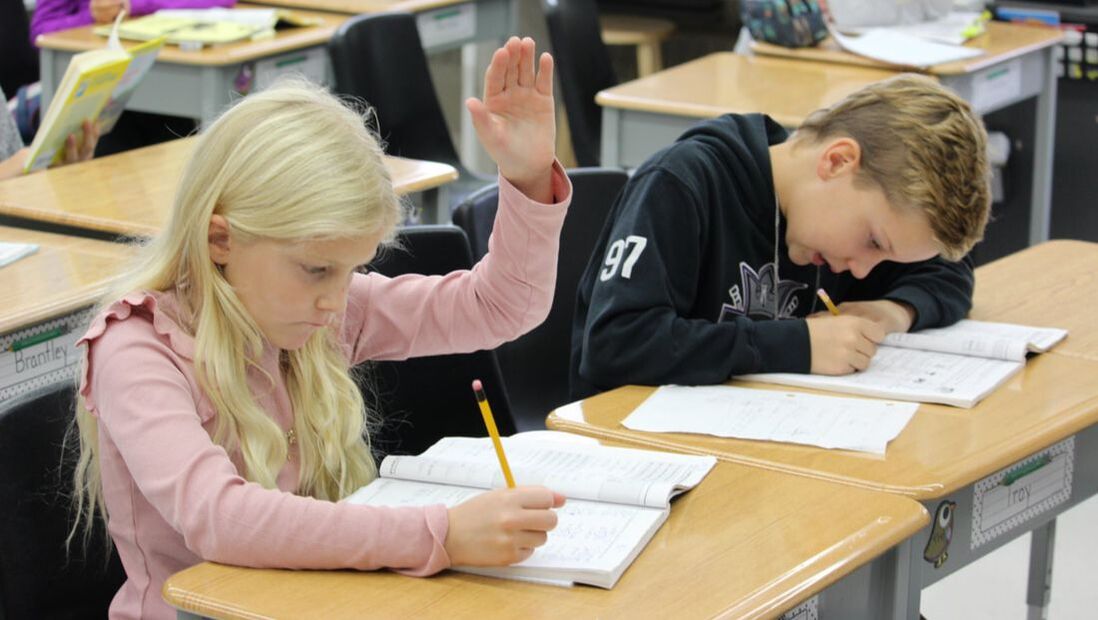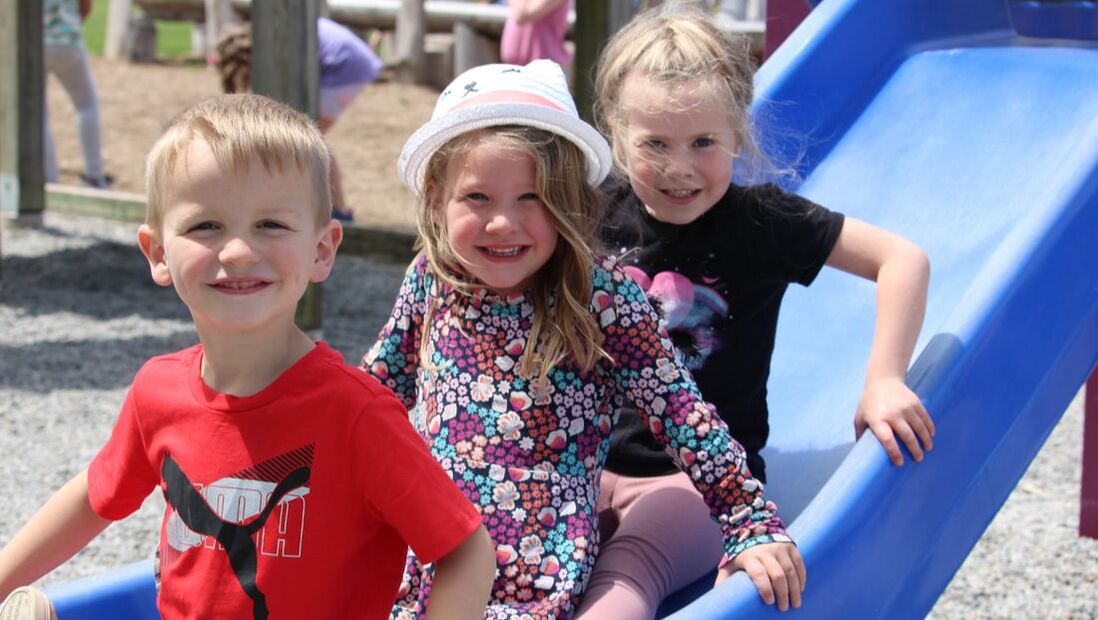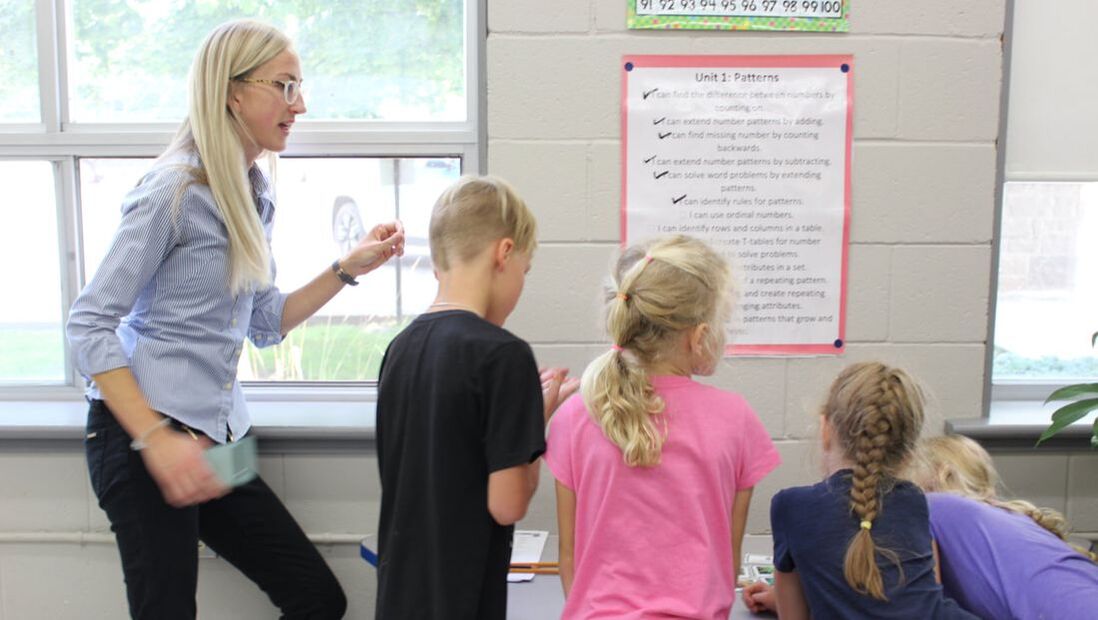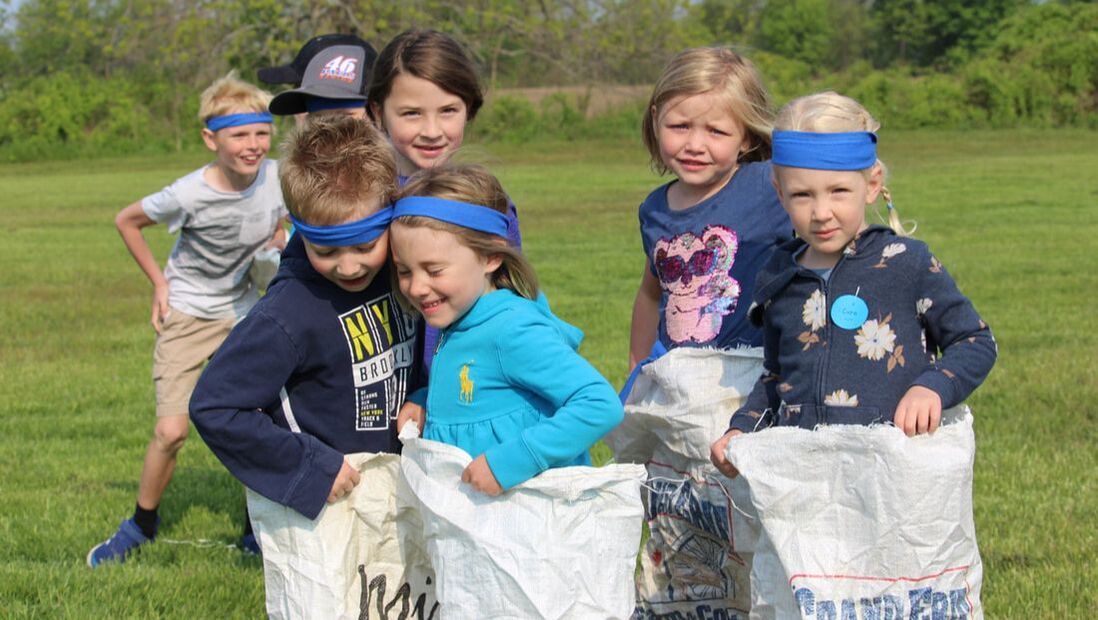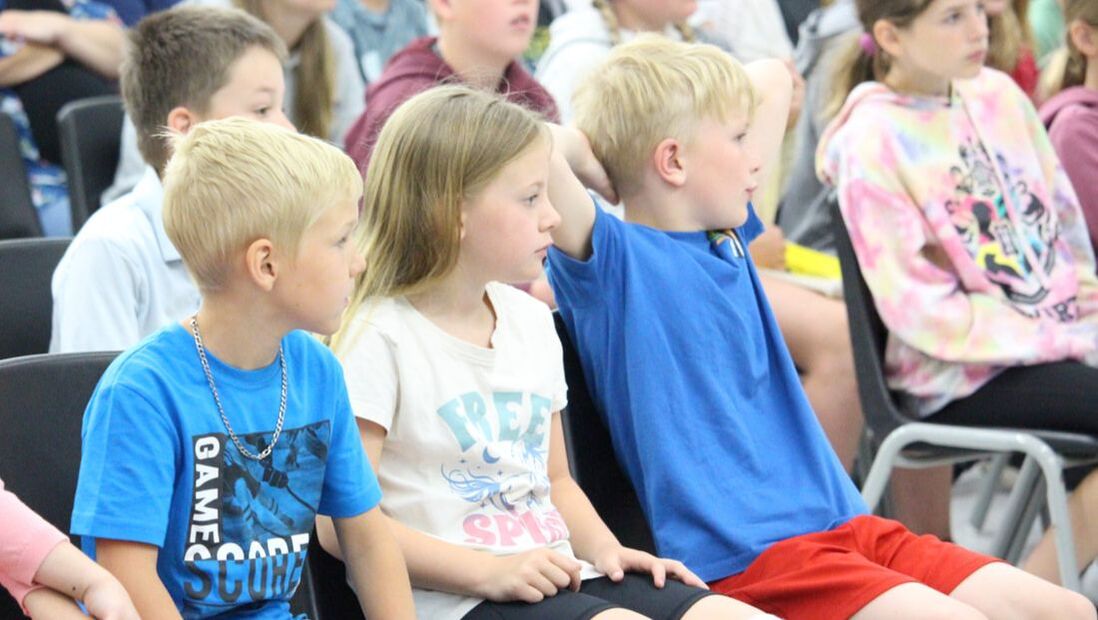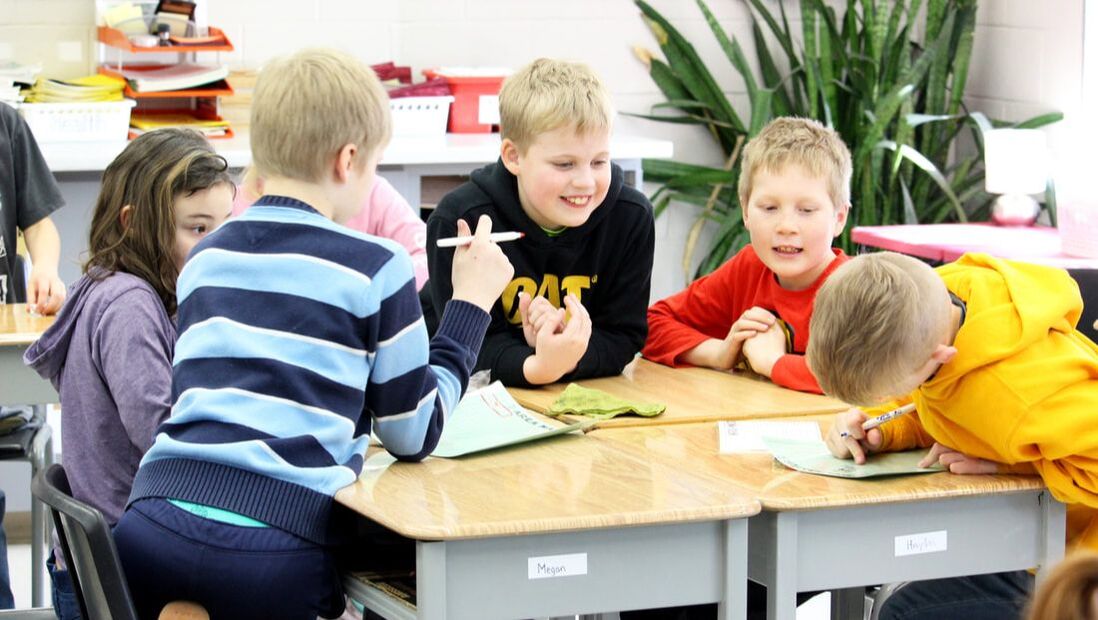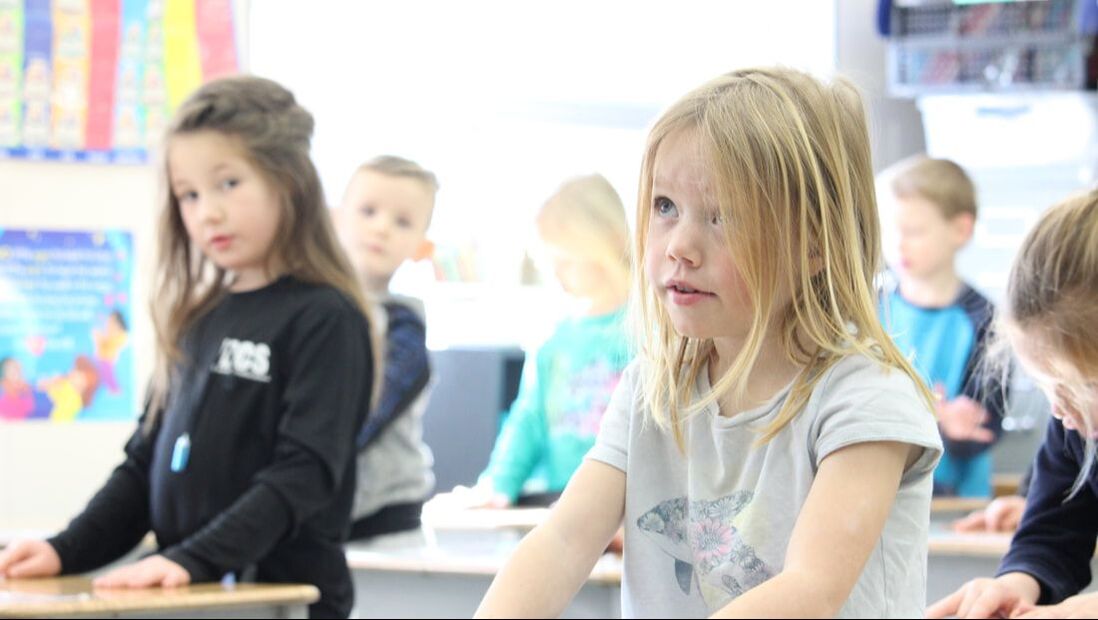OUR APPROACH
We desire each student to develop as a whole person: academically, spiritually, physically, socially and emotionally. Our curriculum not only meets Ontario Ministry of Education expectations, but goes above and beyond to provide a biblically-based focus in every facet of learning. We nurture and challenge students, enabling them to develop their gifts and abilities in service to God and others.
Our learning activities build students’ skills in critical thinking, problem-solving, innovation, creativity, collaboration and self-regulation. DCS teaching staff participates in various training opportunities in order to implement the following approaches:
Our learning activities build students’ skills in critical thinking, problem-solving, innovation, creativity, collaboration and self-regulation. DCS teaching staff participates in various training opportunities in order to implement the following approaches:
PROJECT-BASED LEARNINGThis is an inquiry-based approach that engages students in a project from start to finish. An initial question sparks their curiosity as they brainstorm ways to answer it. Students are actively involved in choosing the project, assessing what they need to learn and determining a real-world way to demonstrate the impact of their learning. This gives students the opportunity to create beautiful work with an authentic audience. It gives them voice and choice and encourages them to be more involved in their learning.
|
GROWTH MINDSETThis approach believes that your qualities are things you can cultivate through effort. People with a growth mindset thrive on challenge, viewing failure as a learning opportunity and a building block to success. They believe, “I can get smarter. Effort makes me strong. I’ll spend more time and work harder to reach my goals.” Teachers at DCS are helping students work to improve their skills, learn from their mistakes, develop perseverance and experience greater success.
|
TEACHING FOR TRANSFORMATIONThis is a design framework rooted in a biblical worldview. Authentic learning experiences invite, nurture and empower teachers and students to play their part in God’s Story through their everyday learning. Teachers first determine what their “deep hope” is for their students and keep this as the focus and goal of all learning activities throughout the year, culminating in a Celebration of Learning.
|
RESPONSIVE CLASSROOMThis approach consists of well-designed practices intended to create safe, joyful and engaging classrooms and school communities. It emphasizes helping students develop their academic, social and emotional skills in a learning environment that is developmentally responsive to their strengths and needs.
For instance, morning meetings include greeting one another by name, spending time in devotions through reading the Bible and praying together, as well as an interactive activity that contributes to students’ social and emotional development. |
OUR GOAL
|
Dunnville Christian School considers the following characteristics to be essential for life with Jesus Christ: faith, humility, compassion, forgiveness, perseverance, wisdom, and gratitude. Dunnville Christian School graduates are on a journey of faith that will last their lifetime. It is our prayer that the seeds of faith planted in each student through learning opportunities at Dunnville Christian School will grow deep roots in the Word of God and flourish throughout each student’s life through loving God and others.
GRADUATE PROFILEIt is our hope and prayer that students grow and deepen their relationship with Jesus Christ, nurturing Christ-like attributes in their daily walk with Him by:
|
7 HEALTHY HABITS
We teach Healthy Habits, within a biblical context, which enable students to develop skills that will help them in every aspect of life, from study habits, to playing on sports teams, to serving others.
BE PROACTIVE!
This year we have been working on the 7 Habits. At the beginning of the year every teacher went over these with the students before they decided on which jobs they wanted to apply for to be a helpful and important member at DCS. It has been wonderful to see the students get involved and take responsibility. Our first habit is to be proactive. Being proactive means taking responsibility for our own actions, attitude and moods. It is NOT blaming others, but doing the right thing even when no one is looking. Being proactive means making and building good relationships and a wonderful and caring community at DCS.
|
BEGIN WITH THE END IN MINDOur second habit teaches us to have a plan. To begin with the end in mind means that we should have a goal and make a plan on how to reach that goal. Each child is an important part of the classroom and a unique child of God. We want each person to feel special and wanted making good decisions in the classroom and ultimately becoming a good citizen of our community
|
PUT FIRST THINGS FIRSTOur third habit teaches us to spend our time on the things that are most important. This means saying “no” to things at times until our homework or chores are finished. Habit 3 encourages us to set priorities, make a schedule and then follow that plan. Let’s get organized
|
THINK WIN-WIN
Our fourth habit teaches us that we should be happy to see everyone succeed. Everyone is created in God’s image and we don’t have to put others down to get what we want. We should be happy to see others happy and love to do nice things for people. If problems arise we shoulddo our best to help find a solution so everyone can be successful.
Hebrews 10: 24-25a “And let us consider how we may spur one another on toward love and good deeds, not giving up meeting together, as some are in the habit of doing, but encouraging one another.” |
LISTEN BEFORE YOU SPEAKEveryone is a child of God and we are to love one another! We learn to live this out in our fifth habit. It teaches us to listen to other people’s ideas and feelings. We should try to work together and see things from someone else’s viewpoint. We need to listen to each other without interrupting and in this way show respect for one another. When speaking, we need to be confident so that we can express ourselves clearly and resolve matters in a way that is pleasing to God
|
SYNERGIZESynergize is our sixth habit. We know that God created us to be social beings. We try hard to get along with others and try to work well in groups. We know that working together is better and listening to other people’s ideas and being respectful towards one another is pleasing to God
|
SHARPEN THE SAWHabit 7 reminds us that our bodies are gifts from God and that we need to take care of them. Eating right, getting enough sleep and exercising are all ways that we can sharpen the saw to make sure we are ready to do our best in all things.
|

